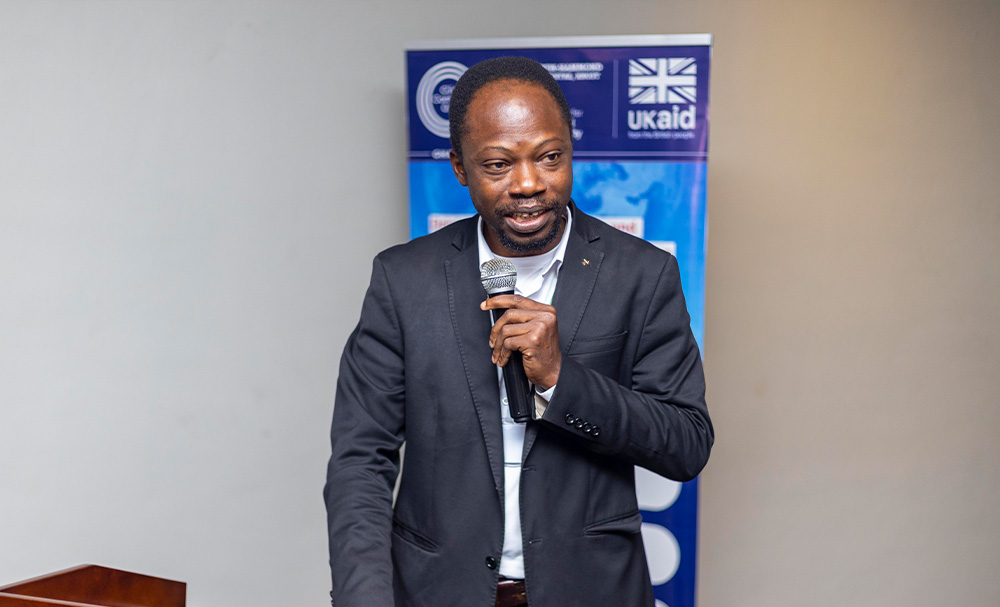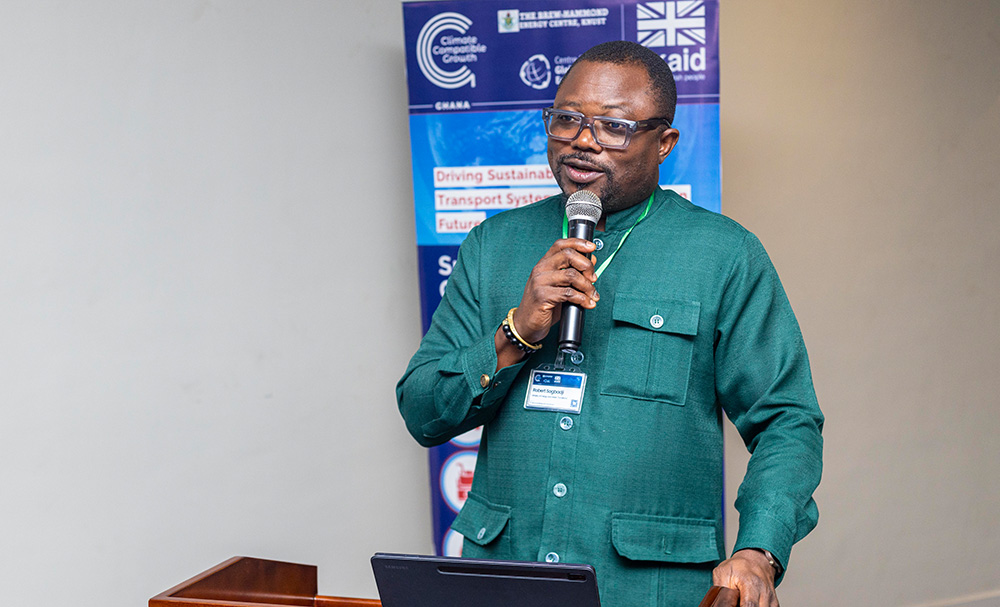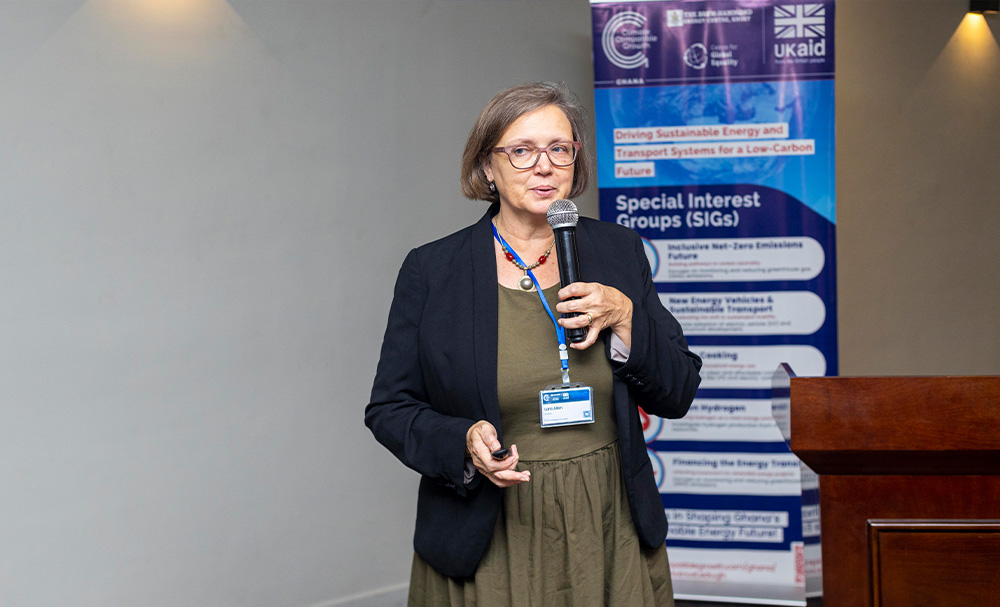The Ghana Climate Compatible Growth (CCG) Network, under the auspices of the Brew-Hammond Energy Centre, KNUST, has called for deeper collaboration with stakeholders to drive Ghana’s net zero emission agenda.
The call was made at its annual workshop, currently underway at the Fiesta Royale Hotel in Accra.

Welcoming participants, Professor David Ato Quansah, Director of the Brew-Hammond Energy Centre, underscored the urgency of Africa’s energy transition.
“We are in the energy sector that is currently in transition. This transition is one of a different kind, one that is necessitated by urgent situations. We have about six hundred million people that don’t have access to electricity, these are the realities that confront us,” he said.
He stressed the need for sustained efforts to expand access to deprived areas, reflecting on the pioneering work of Professor Abeeku Brew-Hammond, founder of the Centre, in promoting the Millennium Development Goals (MDGs).
“Our task is to reflect on the way forward and propose actionable solutions. We have been doing this for the past 15 years and there is so much more that can be done,” he added, noting that collaboration with partners remained critical.

Representing the Ministry of Energy and Green Transition, Dr. Robert Sogbadji commended the CCG team for championing sustainable energy development. He said Ghana’s energy transition framework, part of the broader Ghana Big Push agenda, seeks to balance security, affordability and environmental sustainability.
Highlighting the potential of green hydrogen, he described it as a “strategic enabler” to decarbonize hard-to-abate sectors and position Ghana as a hub for clean energy in Africa. He disclosed that the Ministry has initiated technical studies and stakeholder engagement to assess Ghana’s green hydrogen potential in line with its Paris Agreement commitments to achieve net zero by 2070.
Other speakers highlighted the role of evidence-based research and innovation-driven partnerships.

Dr. Lara Allen of the University of Cambridge’s Centre for Global Equity said, “We want evidence-based research so that decision makers can have the proper data available. That is our job.”
Nana Frimpomaa Arhin of the Green Economic Transformation Team stressed that “climate is underpinned by innovation and partnership,” and called for stronger collaboration between research, government, private sector and civil society.
The workshop featured plenary sessions and presentations on diverse themes, including Prof. Joseph Akowuah’s updates on Special Interest Group activities, Prof. Quansah’s presentation on building a just energy transition, and Gerald Arhin’s discussion of CCG’s Political Economy Unit toolkit.
Dr. Yen Sokama-Neuyam spoke on Ghana’s emission tracking and reduction, while Mark Amoah Nyasapor of the Ghana Atomic Commission presented on nuclear Small Modular Reactors (SMRs) and renewable hybrid energy systems.
Dr. Chinagorom Ajike, CCG’s Country Programme Manager, also led breakout sessions focused on five special interest groups. The event brought together academia, policymakers, private sector leaders and international partners, setting the stage for collaborative efforts toward Ghana’s decarbonization and sustainable energy future.
The workshop was funded by Foreign, Commonwealth and Development Office (FCDO) and Nana Frimpomaa Arhin of the Green Economic Transformation Team, British High Commission.

















